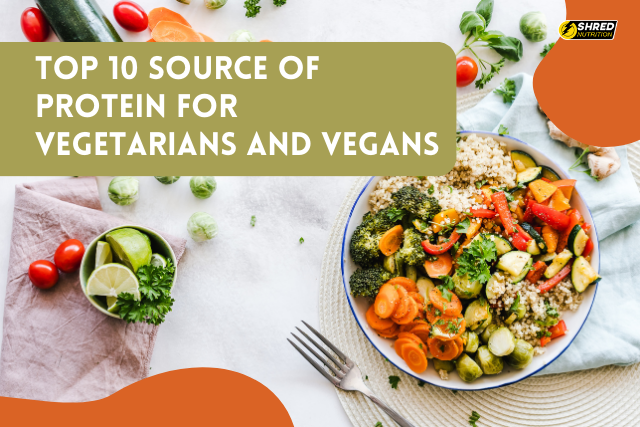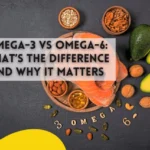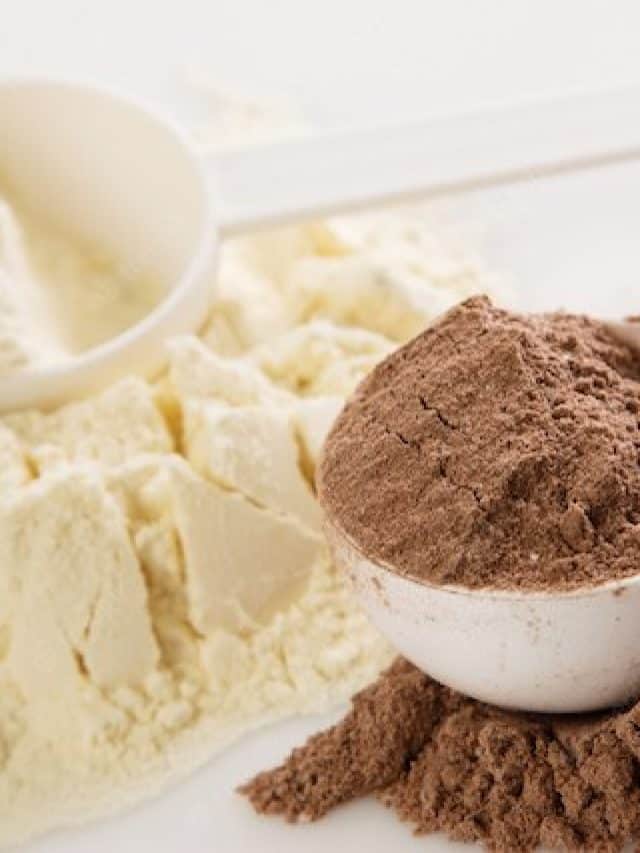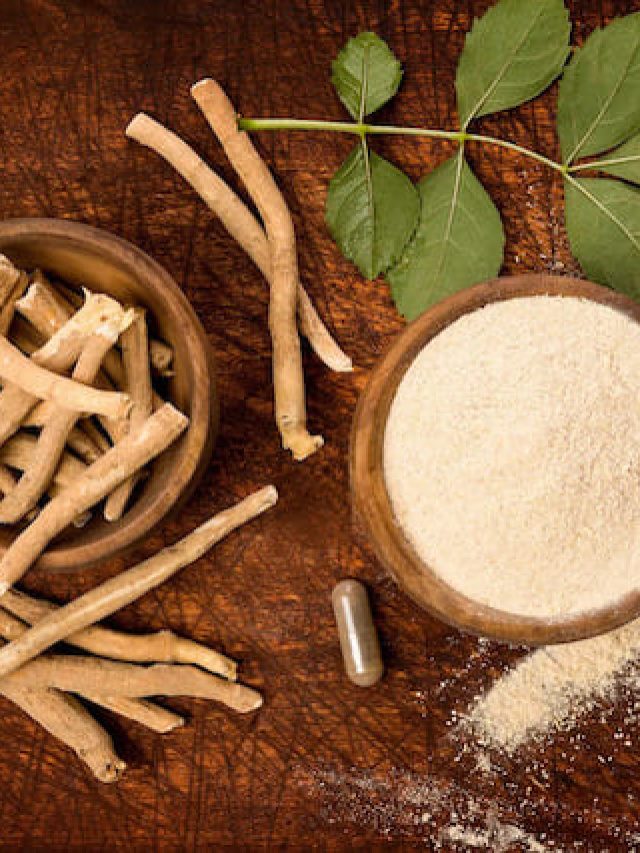
In recent years, there has been a significant shift towards plant-based diets, driven by health, ethical, and environmental concerns. One common misconception about vegetarian and vegan diets is the difficulty in obtaining an adequate amount of protein. However, with careful planning, it is entirely possible to meet your protein needs without relying on animal products. In this article, we will explore the benefits of plant-based protein and highlight the top 10 sources of protein for vegetarians and vegans.
Benefits of Plant-Based Protein
Before diving into the specific sources, let’s discuss the numerous benefits of incorporating plant-based protein into your diet.
Rich in Nutrients: Plant-based protein sources are not only high in protein but also rich in essential vitamins, minerals, and antioxidants. These nutrients contribute to overall health and well-being.
Heart Health: Many plant-based proteins, such as beans, lentils, and nuts, are linked to improved heart health. They often contain high levels of fiber, which can help lower cholesterol levels and reduce the risk of heart disease.
Weight Management: Plant-based proteins are often lower in calories and saturated fats than animal-based proteins, making them a suitable choice for those looking to manage their weight effectively.
Reduced Inflammation: Some studies suggest that plant-based diets may help reduce inflammation in the body, which is linked to various chronic diseases.
Digestive Health: The fiber content in plant-based foods supports healthy digestion by promoting regular bowel movements and preventing constipation.
10 Sources of Vegetarian Protein
Now, let’s explore the top 10 sources of protein for vegetarians and vegans:
Lentils
Lentils are a versatile and excellent source of plant-based protein. One cup of cooked lentils provides around 18 grams of protein. They are also rich in fiber, iron, and folate. Lentils can be added to soups, stews, salads, or even used to make veggie burgers.
Chickpeas
Chickpeas, also known as garbanzo beans, are a staple in many vegetarian and vegan diets. One cup of cooked chickpeas contains approximately 15 grams of protein. They can be used in various dishes, including curries, salads, and hummus.
Quinoa
Quinoa is a complete protein, meaning it contains all nine essential amino acids. One cup of cooked quinoa provides around 8 grams of protein, making it an excellent choice for plant-based diets. Additionally, quinoa is a good source of fiber, iron, and magnesium.
Tofu
Tofu, made from soybeans, is a versatile protein source that can be used in both savory and sweet dishes. A 4-ounce serving of tofu typically contains about 9 grams of protein. Tofu is also a good source of calcium and iron.
Edamame
Edamame, young soybeans, are not only a tasty snack but also a great source of protein. One cup of cooked edamame provides around 17 grams of protein. Edamame can be enjoyed on its own, added to salads, or used in stir-fries.
Beans
Various types of beans, including black beans, kidney beans, and pinto beans, are rich sources of plant-based protein. One cup of cooked beans typically contains 12-15 grams of protein. Beans can be incorporated into soups, chili, salads, and wraps.
Chia Seeds
Chia seeds are small but mighty when it comes to nutritional content. They are an excellent source of protein, fiber, and omega-3 fatty acids. Two tablespoons of chia seeds provide around 4 grams of protein. Add chia seeds to smoothies, yogurt, or make a delicious chia pudding for a protein boost.
Nuts and Seeds
Almonds, walnuts, pumpkin seeds, and sunflower seeds are rich in protein and healthy fats. While the protein content varies, incorporating a variety of nuts and seeds into your diet can contribute to your overall protein intake. Snack on a handful of nuts or sprinkle seeds on salads and yogurt.
Spinach
Leafy greens like spinach are not only rich in vitamins and minerals but also surprisingly high in protein. One cup of cooked spinach contains about 6 grams of protein. Add spinach to salads, smoothies, or sauté it as a side dish.
Seitan
Seitan, also known as wheat meat, is a high-protein meat substitute made from gluten. It is an excellent source of protein, with around 21 grams per 3-ounce serving. Seitan is a popular choice for those seeking a meat-like texture in their dishes and can be used in stir-fries, sandwiches, and more.
Conclusion
A well-balanced vegetarian or vegan diet can provide all the essential nutrients, including an ample amount of protein. By incorporating a variety of these plant-based protein sources into your meals, you can not only meet your protein needs but also enjoy the numerous health benefits associated with a plant-based lifestyle. Remember to combine different protein sources to ensure you receive a complete range of amino acids essential for optimal health.










